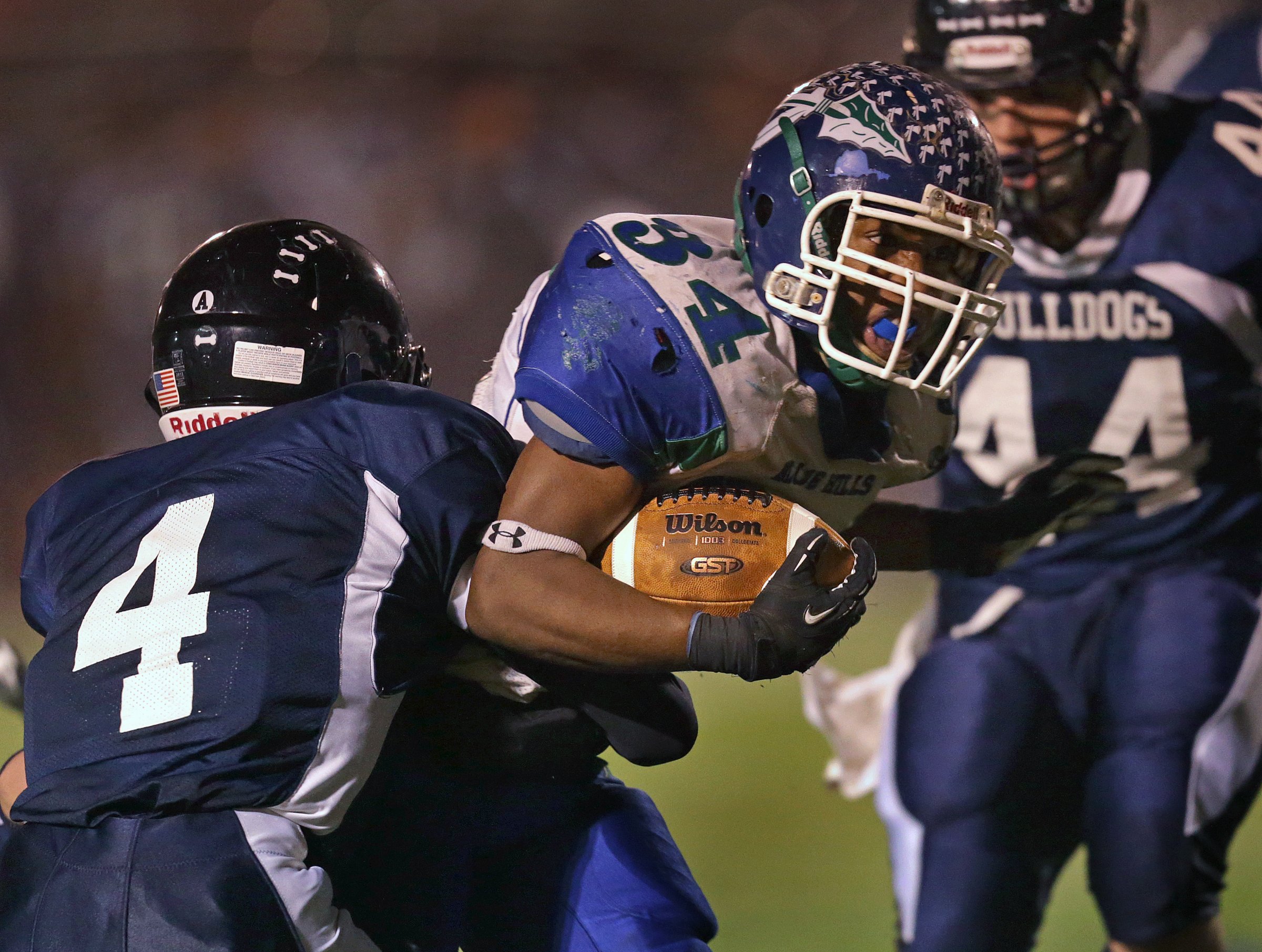
There’s a new ideal for children growing up in America: let’s call it the Achiever Ideal. The Achiever Ideal is first and foremost about academics. The young achiever is supposed to ace every test, perfect every report, never flub a problem set, never mess up a lab. The Achiever has to get all As, naturally. The Achiever has to be perfect.
The Achiever needs extracurricular activities to get to the Ivy League: there’s no doubt about that. So The Achiever becomes president of the Classics society, serves on the prom committee, gets to school early for leadership training, and on Friday nights, as a special treat, The Achiever takes photographs of the football game for the student newspaper and the yearbook.
The Achiever photographs the game—but he doesn’t play in it. Football takes too much time and, really, it’s for poor kids, the sort of kids you steer clear of in the hallway. Football is for tough guys—and a few tough girls, too. And Achievers aren’t tough.
It also takes up a lot of time. Football takes up time you could use to bone up on your weakest subject, or to start writing your college essay two years before it’s due. In the time it takes to practice football and play the games, you could pump your grades up two more notches and maybe get three or four plum activities listed on your resume.
Plus, the game is rough. The game is violent. You might get slammed in the head. You might get hurt.
Brains are what matter now. You need to develop your mind if you want to succeed. You need to enhance your intelligence by mastering all the subjects that you can. Don’t waste your time on a football field; don’t hurt your head. That’s for the slow kids; that’s for the dopes.
Is it? Is it really? I’m all for the development of intelligence. I’ve been teaching for 40 years, at Yale, at the University of Virginia and at a wonderful high school in Vermont called Woodstock. I’m glad that kids are developing their minds. But in the rush to finish first in the cerebral Olympics, kids—and their parents, too—are missing something.
People who really achieve with their minds are not just smart and well educated—though those things matter. They have something else that matters too: they are spirited. They possess a quotient of what Plato called thymos. They are lively, determined and very hard, sometimes impossible, to discourage. Lawyers who get their innocent clients out of jail are smart, sure. But they possess a strong measure of spiritedness, of thymos. They strive and strive and they don’t give up. Scientists out to cure a disease need potent intellect, but just as much, they need the capacity to try and fail, try and fail, and then finally try and succeed (if only part way). Writers who matter know how to revise their work endlessly to get it where it needs to be.
In a provocative book called The Smartest Kids In the World and an influential essay in The Atlantic, Amanda Ripley comes out against sports. They waste too much time, she says. They get in the way of academic pursuits. They rob kids of what matters. It’s better, Ripley tells us, in Finland, better in Poland. But this way of thinking misunderstands where real achievement comes from. You’ve got to develop the mind, sure. But if that’s all American kids develop, we’re going to have a generation of sterile drones. (Is that, maybe, what some people half-want—quiet, productive serfs for the corporations of the future?) We’ve got to pay attention to spiritedness, too.
There are a number of ways to wake up and learn to aim your spiritedness. But I believe that football is one of the best. It’s a game in which you get knocked down over and over and have to get up and start again. It’s a game that awakens your passion and then can help you direct it at a worthwhile object: getting better at the game and maybe helping your team to win. When you have that model for how to deploy the spirit, you can use it for other aims in life.
Football is dangerous, sure. But there’s plenty to do to make it much safer—beginning with making sure that coaches and the league do all they can to limit concussions. Football should be cleaned up, then made available to all young people who want to play, girls and boys alike.
If we Americans continue to create generations of stolid Achievers, we’re going to lose what edge we have. We’re going to become blander and more bureaucratic, less daring and less adventurous.
Intelligence is marvelous. But Plato insisted that the leading citizens in his ideal state, the Republic, were both smart and highly spirited. And if a republic is going to be worth anything, they have to be.
Mark Edmundson teaches at the University of Virginia. His book, Why Football Matters: My Education in the Game, is out from Penguin.
More Must-Reads from TIME
- Inside Elon Musk’s War on Washington
- Meet the 2025 Women of the Year
- The Harsh Truth About Disability Inclusion
- Why Do More Young Adults Have Cancer?
- Colman Domingo Leads With Radical Love
- How to Get Better at Doing Things Alone
- Cecily Strong on Goober the Clown
- Column: The Rise of America’s Broligarchy
Contact us at letters@time.com